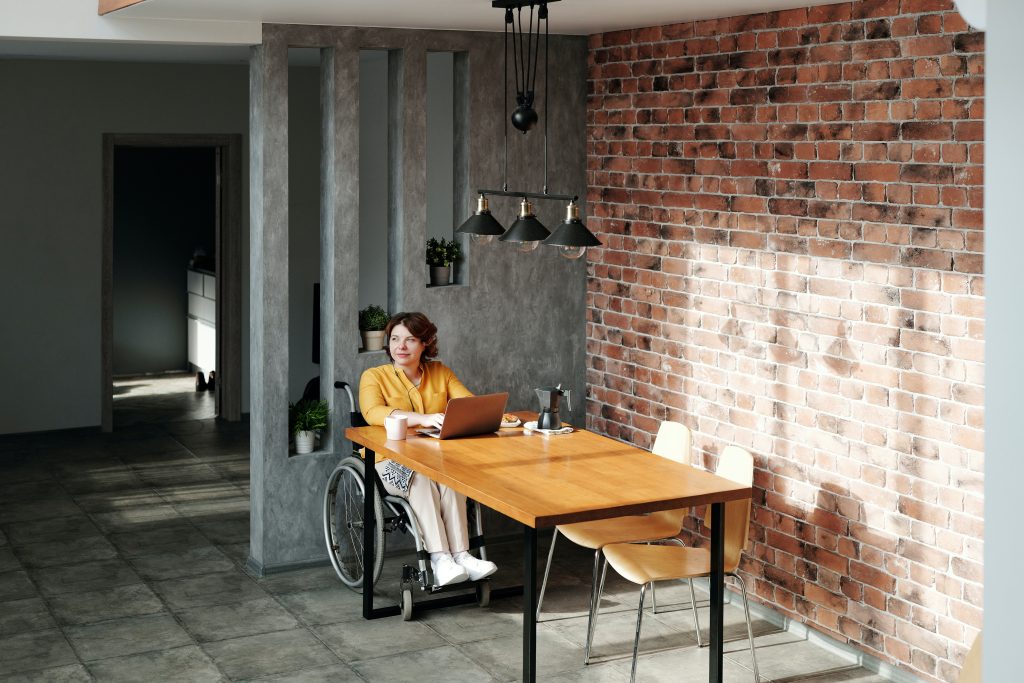3 Ways the Pandemic Has Changed the Working World
The immediate issue that the pandemic has impacted would be on people’s health and wellbeing which need to be everyone’s priority. It is difficult to predict how fast the global economy can recover from this pandemic and how soon can we return to normality. However, the normality would be different from what we used to be, likely to be the beginning of the fundamental transformation in the working world. This is the time where employers lean in and get ahead of the curve on labour market transformation. As the situation continues to evolve daily, these are emerging trends and issues:
Remote Work Is Here to Stay
Working from home is the new normal. The myriad of workplace changes impacting teamwork, productivity, collaboration and communication leads to questions about how good we are at leveraging virtual technology before the pandemic hit. Many businesses resisted working from home for various reasons, but the current pandemic has proved to them that it can work. There is research showing that working virtually could drive improvement in productivity but it needs to be done effectively. This period should be used to reskill and upskill your people to work more effectively in the virtual world. Furthermore, we are already in the reskilling revolution and the pandemic has accelerated the growth of digital skills in our work to prepare for a major shift in how businesses work. Managers need to be in line with the new rules of engagement with their team members to exercise the routines and rituals that support connection, collaboration, productivity and wellbeing. In tandem with digital skilling and improved infrastructure, corporate culture toward remote working must also evolve to support this practice. For such, remodelling and reinforcement of the company from top to bottom is required to make sure there’s no risk of backlash.
Leadership Skills Will Evolve
This pandemic could be a rare challenge for most leaders that amplifies the need for a new kind of leadership skills and capabilities. Before the pandemic happens, most companies have workers under one roof or in case of multinationals, under large roofs. However, with the pandemic that’s happening now, working remotely has become normal and leaders should learn how to lead well instead of centrally. Organisational fundamentals can be helpful for leaders to align, motivate and track projects and performance such as strong culture, ingrained values and excellent communication. Besides, skills, comprehensive reporting capabilities, system and processes can be helpful as well. On the soft skills side, a leader should have the mindset of adapting disruption and owns relationship-building skills that can build inclusion between diverse teams and geographies. Besides, leaders that succeed in leading the organisations through future changes should have an agile and externally orientated kind of attitude.
The Need for a New Social Contract Is Greater Than Ever
It is motivating to see some governments applying statutory sick pay to self-employed or gig economy workers, and to companies that extend protection for their freelance or temporary workers. This has highlighted that we need a new social contract to ensure all workers, mainly those in diverse forms of work, have the needed social safety.
It will not be easy to know when the current crisis will end or how many people will be ultimately affected. What is clearer is that when the world comes out on the other side, the way we work will be changed forever. With consideration and planning, businesses and individuals can prepare themselves to be at the front of the curve.






